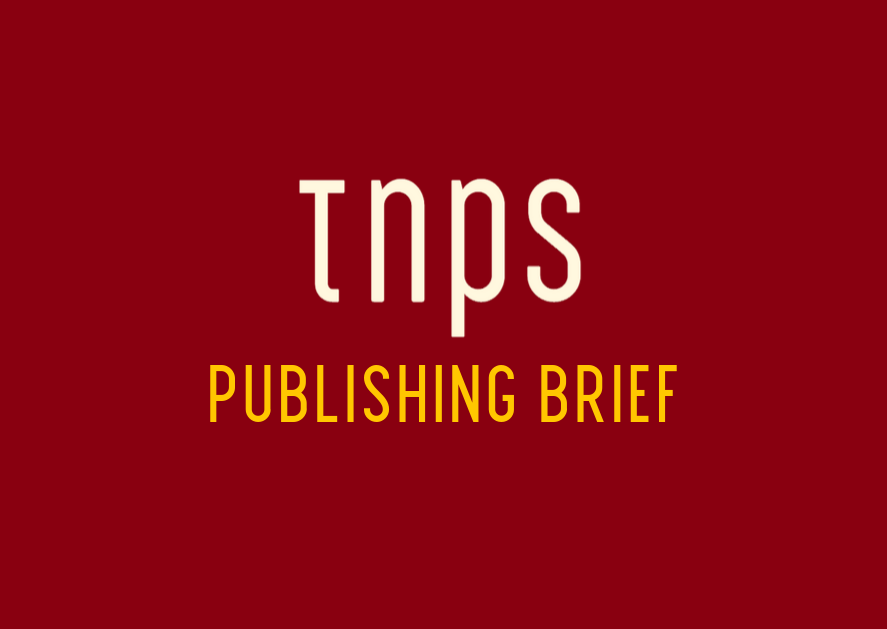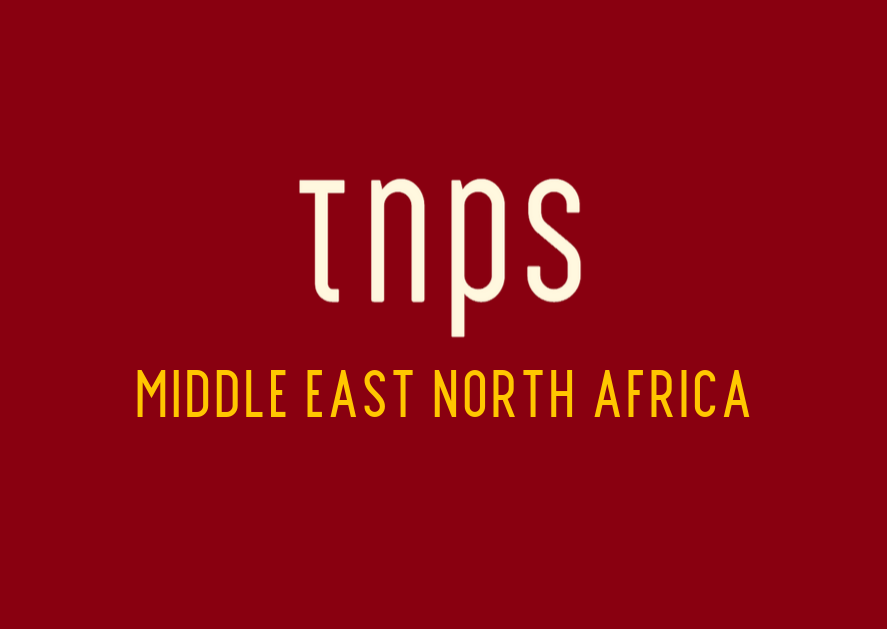Given both Findaway and Audiobooks.com impact on the UK market; and given Spotify is already a strong player in the UK; and given Storytel CEO Jonas Tellander made clear that he sees the Audiobooks.com acquisition as a road into the UK and Australia audiobook markets, it is perhaps time for Lotinga and the UK PA to come off the fence.
UK audiobook sales soared by 71% in the first six months of 2021, compared to, all importantly, the first six months of pre-Pandemic 2019 (comparisons with Pandemic Y1 2020 are all but meaningless).The UK Publishers Association explains,
While people have embraced books in all formats during the Covid pandemic, audiobooks have enjoyed a particular rise in popularity.
What the PA isn’t sharing at this stage is actual revenue numbers and unit sales, which will give us a more instructive overview than percentage gains, but until such time we must make do with the percentages.
Which means the usual caveats: audiobooks were the lowest by sales revenue of the three formats, so a 71% increase without a baseline tells us only sales are doing well.
Ebooks are the second lowest by revenue, so a 10% increase on an unstated baseline again only tells us sales are going up.
Likewise for print, while the 6% increase seems at first glance to suggest print is struggling against the digital formats, the reality is print is still king and a 6% increase on a baseline way above ebooks and audiobooks combined is impressive.
All this of course just from mainstream publishing, and not including A-Pub, self-publishers, etc, which will add a significant percentage to the ebook value and a little to audio and print.
The bigger story here is the very fact that the Pandemic bounce in the UK book market is being sustained in Pandemic Y2, at least for the first six months, and the other numbers the PA shares with us offer hope we have stabilised at a new market normal as we lurch into the unknown that is Pandemic Y3.
Per the PA press release:
- Overall books sales income (across consumer, education and academic) is up 4% since the same period in 2019.
- Consumer books sales income is up 10% since the same period in 2019.
- Fiction up 28% since the same period in 2019.
- Children’s books up 8% since the same period in 2019 with particular rises in export (14%) and digital (26%).
- Consumer non-fiction stays level with the first six months of 2019 but digital consumer non-fiction is up 30%.
It’s interesting to compare the overall market rise of “just” 4% with the 10% ebook rise and the un-broken-down 26% rise in digital children’s books and the 30% rise in digital consumer non-fiction.
No mention here of “screen fatigue”, one of Publishers Association CEO Stephen Lotinga’s favourite buzzwords back when print publishers pushed up ebook prices to protect print sales, causing ebook sales to slump.
This was Lotinga in 2017:
There is generally a sense that people are now getting screen tiredness, or fatigue, from so many devices being used, watched or looked at in their week. [Printed] books provide an opportunity to step away from that.
Using the same warped logic one might argue that in Pandemic Y2 “there is generally a sense that people are now getting paper page tiredness, or page fatigue”.
Of course that is every bit as ridiculous as Lotinga’s original assertion. No doubt Lotinga will be more careful with his throw-away dismissal of digital in the future
About the latest numbers, Lotinga had this to say:
It’s fantastic to see that books have offered people entertainment and comfort in this difficult period of time. UK publishers have continued to release books that engage readers across the UK and around the world.
The steep rise of audiobooks is a truly interesting development as it may suggest that new demographics are embracing this format. It does beg the question why, unlike print and ebooks, booklovers are still required to pay VAT on audiobooks and this is something we continue to raise with the government.
The latter point is a critical one, but with the UK now out of the EU it seems unlikely there will be any change in the UK VAT rate on audio any time soon.
A bigger story was left conveniently unremarked by Lotinga and the PA.
In the UK the unlimited subscription model has of course been kept at bay by publishers, and the announcements that Spotify and Storytel are moving on the English-language markets has so far been overlooked by the UK’s premier publishing body supposedly with the best interests of the industry at its heart.
Of course the main element of the Spotify and Storytel news thus far is the US-based acquisitions of Findaway and Audiobooks.com, so Lotinga can make case for keeping his distance, but the reality surely is that the Spotify and Storytel news is a hot topic behind closed UK industry doors.
Given both Findaway and Audiobooks.com impact on the UK market; and given Spotify is already a strong player in the UK; and given Storytel CEO Jonas Tellander made clear that he sees the Audiobooks.com acquisition as a road into the UK and Australia audiobook markets, it is perhaps time for Stephen Lotinga and the UK Publishers Association to come off the fence.





